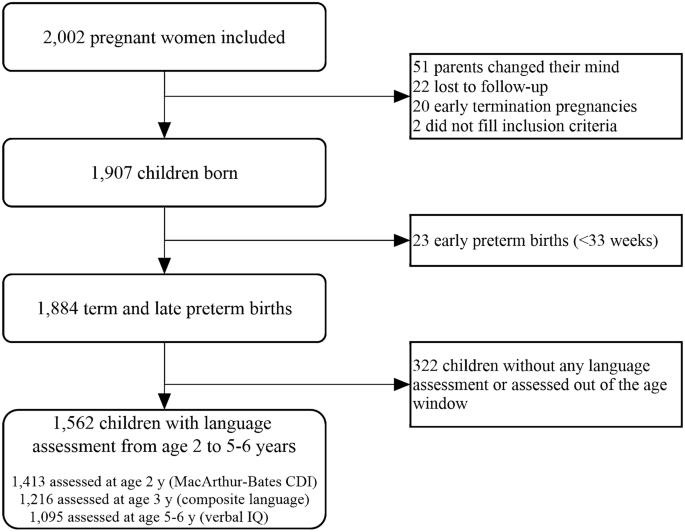Language development in infants is a complex and fascinating process that begins at birth and continues throughout the early years of life. From the moment they are born, infants are exposed to a rich and varied language environment, and their brains are primed to learn and process language. In the first few months of life, infants begin to make cooing sounds and babbling, and by their first birthday, they are usually able to say their first words.
One of the key factors in language development is the amount and quality of language exposure that infants receive. Children who are exposed to a rich and varied language environment, either through conversation with caregivers or through exposure to books and other media, are more likely to develop language skills at a faster rate. This is because their brains are constantly being stimulated with new language input, which helps them to learn and process language more effectively.
Another important factor in language development is the infant's cognitive development. As infants grow and develop, they become increasingly aware of their surroundings and are able to process and understand more complex language. This allows them to learn new words and concepts more easily, and to use language in a more sophisticated way.
There are several stages of language development in infants, each of which is marked by specific milestones and behaviors. During the first few months of life, infants begin to make cooing sounds and babbling, which are the earliest forms of communication. As they grow and develop, they begin to use more complex babbling patterns, and may also begin to use gestures, such as waving or pointing, to communicate their needs and wants.
By their first birthday, most infants are able to say their first words, and their vocabulary will continue to grow rapidly over the next few years. As they become more adept at using language, infants will also begin to combine words to create simple sentences, and will be able to follow simple commands and understand basic concepts, such as "up" and "down."
Overall, language development in infants is a complex and dynamic process that is influenced by a variety of factors, including the quality and quantity of language exposure, cognitive development, and individual differences. By providing a rich and supportive language environment, caregivers can help their infants to develop strong language skills that will serve them well throughout their lives.







